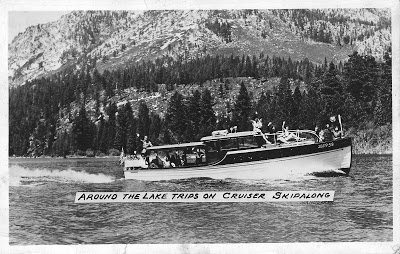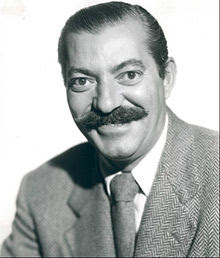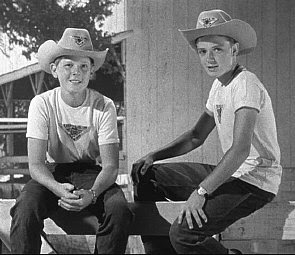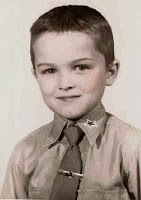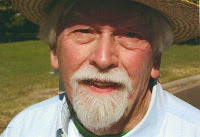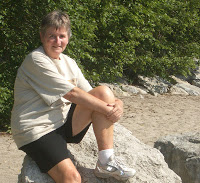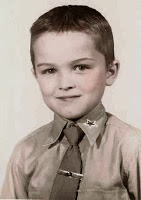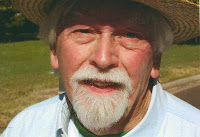“What we’ve got here is …. failure to communicate” is a movie line from Cool Hand Luke spoken by Paul Newman that is perfectly delivered, humorously and sarcastically, in keeping with the character’s personality. Unfortunately for Luke, the senior guard was not amused, receptive, or tolerant of the mocking of the Captain’s phrase. Herein lies the difficulty with communicating with anyone; words.
The Captain and the Boss were communicating a message to Luke but their words were not precise enough for Luke to clearly understand. Thus, the Captain and the Boss were the ones who failed to communicate. They should have made it perfectly clear that if Luke tried to escape again, he would be shot dead; they didn’t and Luke died.
Words arrive containing varying numbers of syllables, shades of meaning, and ease of pronunciation. The definition of words can be modified from the original by common usage, which tends to happen because members of society do not learn enough vocabulary so they can pick the perfectly accurate but seldom used word. Some people use many long words and complex sentences to communicate simple ideas; a practice which often leads to misunderstandings. There are yet others who can communicate powerful ideas using simple and everyday words. An example is Abraham Lincoln’s statement, “You can fool some of the people all of the time, and all of the people some of the time, but you can not fool all of the people all of the time.” Do you suppose Lincoln was warning other politicians, warning the public, or giving politicians a tip on how to get elected?
Some communications take on a life of their own and are so common in usage as to become cliches. “Houston, we have a problem.” is one of those. The phrase originated following the Apollo 13 disaster. Unfortunately, no one ever said those words. Here is the actual conversation between the Houston command center and Apollo 13.
John Swigert: ‘Okay, Houston, we’ve had a problem here.’ Houston: ‘This is Houston. Say again please.’ James Lovell: ‘Houston, we’ve had a problem. We’ve had a main B bus undervolt.’
For dramatic effect, the movie of the events surrounding Apollo 13, altered the exact words. The incorrect phrase was picked up by the movie going public and now is commonly used to indicate any problem not just very serious ones.
Likewise,”Beam me up, Scotty” is a catchphrase that made its way into popular culture from the science fiction television series Star Trek. Though it has become irrevocably associated with the series and movies, the exact phrase was never actually spoken in any Star Trek television episode or film.
“Beam me up, Scotty” is similar to the phrase, “Just the facts ma’am”, attributed to Jack Webb’s character of Joe Friday on Dragnet; “It’s elementary, my dear Watson”, attributed to Sherlock Holmes; “Luke, I am your father”, attributed to Darth Vader; or “Play it again, Sam”, attributed to Humphrey Bogart’s character in Casablanca; and “We don’t need no stinkin’ badges!” attributed to Gold Hat in The Treasure of the Sierra Madre. All five lines are the best known quotations from these works for many viewers, but not one is an actual, direct quotation. Yet each of them conveys an idea, concept, and image that communicates very well because a large number of people have seen the source of the misquoted dialog and the erroneous version has become ubiquitous in our culture.
Communication also suffers when the sender and the receiver are not talking about the same concept or idea. Remember the dialogue between Tom Hanks and Elizabeth Perkins in the movie “Big”?
Susan: I’m not so sure we should do this. Josh: Do what? Susan: Well, I like you … and I want to spend the night with you. Josh: Do you mean sleep over? Susan: Well, yeah. Josh: OK … but I get to be on top.
One conversation between two different people, but on two incompatible topics. This particular conversation also illustrates the effect differences in age and experience (or lack thereof) can have upon the inferred meaning of the words heard.
Yet another problem with communication arises when one party doesn’t understand the clear and plain message he was given or does not take it seriously. While in the Air Force, one of my commanding officers was a colonel and a pilot. He related to me the following.
Before becoming a pilot he was a navigator on a military transport aircraft approaching his U.S. destination after crossing the Atlantic Ocean. The plane was understandably low on fuel. Their primary destination had bad weather to the point that they could not land and there was just enough fuel to make it to the alternate airport. The navigator called the traffic controller for permission to depart for the alternate destination. He was told to standby to which he replied that they needed to leave now or not have enough fuel to make it. Again he was told to standby. He repeated the situation yet again and was told to standby. At this point the pilot called on the intercom asking if they had permission to depart for the alternate airport. The navigator told him yes even though no permission was given. The person on the ground did not appreciate the gravity of the situation and let himself be bogged down with control issues.
Sometimes the person initiating the communication sends an accurate message composed of factual data but in reality doesn’t state the actual issue. For example, when I was young I once told my mother that my urine was runny (a fact), which did not impart any information to her. The real issue was I had diarrhea. Another example would be the numerous politicians who when asked a question answer with information not directly related to the question. I think they have a condition known as “Diarrhea of the Mouth”.
The moral of this essay: Be gay when the concept or idea or message goes through without resulting in chaos. The word gay is used correctly, but did it, the other words, and the sentence structure combine to confuse or clarify the message? This is yet another example of the potential for a message to get “lost in translation” when there is a poor choice of words and grammar by the sender.
The real moral of this essay: In your next life, pay attention in language class.
© 22 April 2012
About the Author
I was born in June of 1948 in Los Angeles, living first in Lawndale and then in Redondo Beach. Just prior to turning 8 years old in 1956, I began living with my grandparents on their farm in Isanti County, Minnesota for two years during which time my parents divorced.
When united with my mother and stepfather two years later in 1958, I lived first at Emerald Bay and then at South Lake Tahoe, California, graduating from South Tahoe High School in 1966. After three tours of duty with the Air Force, I moved to Denver, Colorado where I lived with my wife and four children until her passing away from complications of breast cancer four days after the 9-11 terrorist attack.
I came out as a gay man in the summer of 2010. I find writing these memories to be therapeutic.
My story blog is TheTahoeBoy.Blogspot.com


